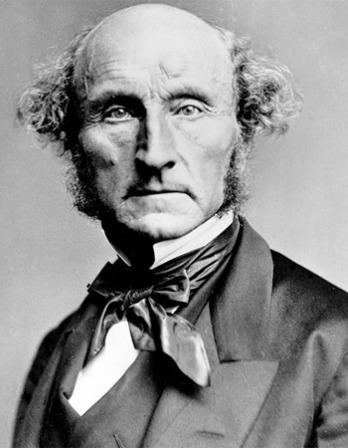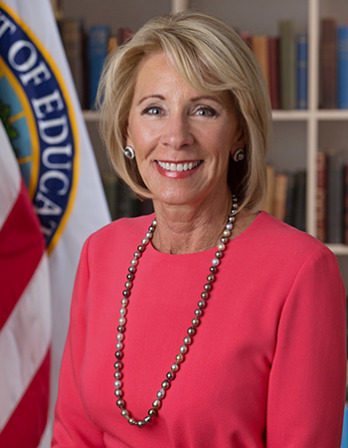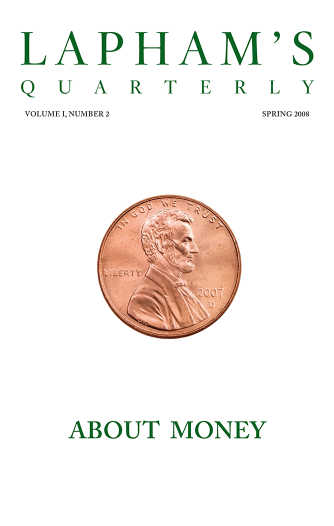To the Congress:
I am requesting the Congress to authorize the executive to enter into executive commercial agreements with foreign nations. This action seems opportune and necessary at this time for several reasons.
First, world trade has declined with startling rapidity. Measured in terms of the volume of goods in 1933, it has been reduced to approximately 70 percent of its 1929 volume; measured in terms of dollars, it has fallen to 35 percent. The drop in the foreign trade of the United States has been even sharper. Our exports in 1933 were but 52 percent of the 1929 volume, and 32 percent of the 1929 value.
This has meant idle hands, still machines, ships tied to their docks, despairing farm households, and hungry industrial families. It has made infinitely more difficult the planning for economic readjustment in which the government is now engaged.
You and I know that the world does not stand still; that trade movements and relations, once interrupted, can with the utmost difficulty be restored; that even in tranquil and prosperous times there is a constant shifting of trade channels.
How much greater, how much more violent is the shifting in these times of change and of stress is clear from the record of current history. Every nation must at all times be in a position quickly to adjust its taxes and tariffs to meet sudden changes and avoid severe fluctuations in both its exports and its imports.
You and I know, too, that it is important that the country possess within its borders a necessary diversity and balance to maintain a rounded national life, that it must sustain activities vital to national defense, and that such interests cannot be sacrificed for passing advantage. Equally clear is the fact that a full and permanent domestic recovery depends in part upon a revived and strengthened international trade and that American exports cannot be permanently increased without a corresponding increase in imports.
Second, other governments are to an ever-increasing extent winning their share of international trade by negotiated reciprocal trade agreements. If American agricultural and industrial interests are to retain their deserved place in this trade, the American government must be in a position to bargain for that place with other governments by rapid and decisive negotiation based upon a carefully considered program, and to grant with discernment corresponding opportunities in the American market for foreign products supplementary to our own.
If the American government is not in a position to make fair offers for fair opportunities, its trade will be superseded. If it is not in a position at a given moment rapidly to alter the terms on which it is willing to deal with other countries, it cannot adequately protect its trade against discriminations and against bargains injurious to its interests. Furthermore, a promise to which prompt effect cannot be given is not an inducement that can pass current at par in commercial negotiations.
For this reason, any smaller degree of authority in the hands of the executive would be ineffective. The executive branches of virtually all other important trading countries already possess some such power.
I would emphasize that quick results are not to be expected. The successful building up of trade without injury to American producers depends upon a cautious and gradual evolution of plans.
The disposition of other countries to grant an improved place to American products should be carefully sounded and considered; upon the attitude of each must somewhat depend our future course of action. With countries that are unwilling to abandon purely restrictive national programs, or to make concessions toward the reestablishment of international trade, no headway will be possible.
The exercise of the authority that I propose must be carefully weighed in the light of the latest information so as to give assurance that no sound and important American interest will be injuriously disturbed. The adjustment of our foreign trade relations must rest on the premise of undertaking to benefit and not to injure such interests. In a time of difficulty and unemployment such as this, the highest consideration of the position of the different branches of American production is required.
From “Request for Authority to Consummate Reciprocal Trade Agreement for the Revival of Foreign Trade.” In 1930, following the 1929 stock market crash, President Herbert Hoover signed into law the Smoot-Hawley Tariff Act, vastly raising import duties; it prompted retaliatory measures, reduced world trade, and is thought to have deepened the Great Depression. During his campaign for the presidency, Roosevelt spoke against the policy; the year after he took office, he gave this address to Congress to secure executive power to negotiate new bilateral trade agreements.
Back to Issue





